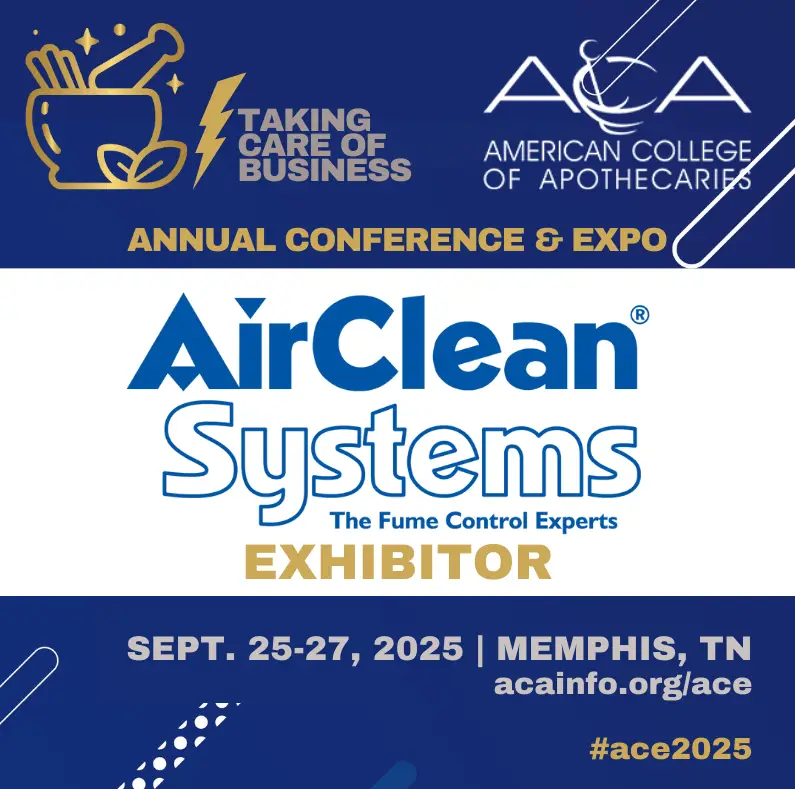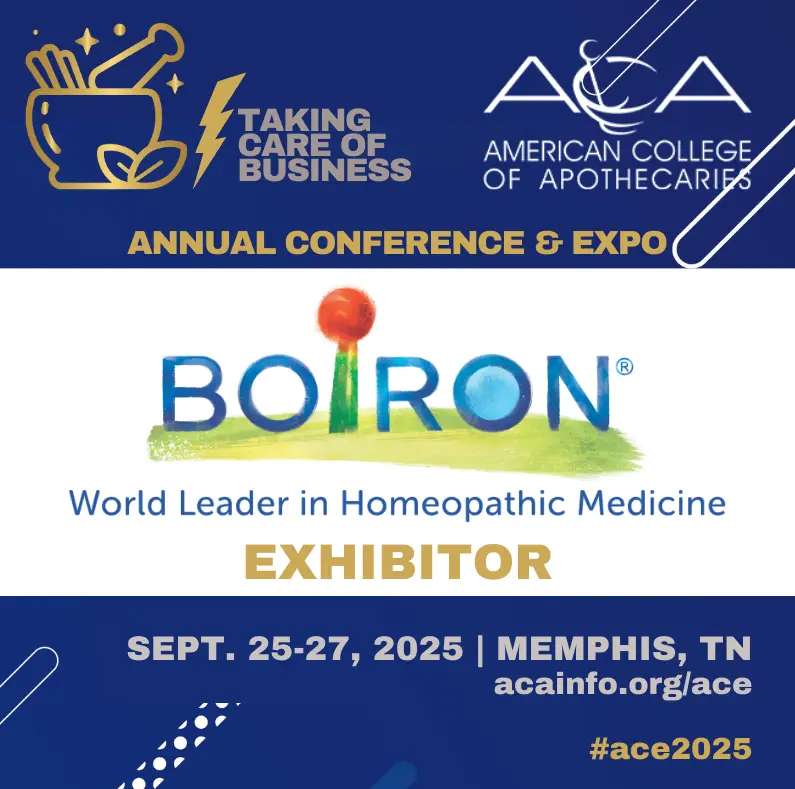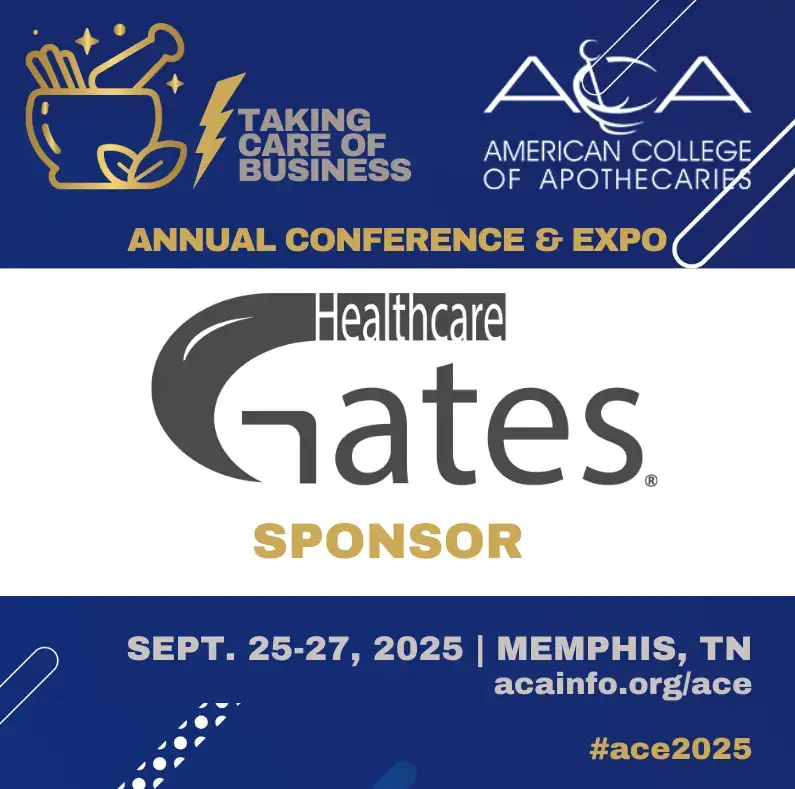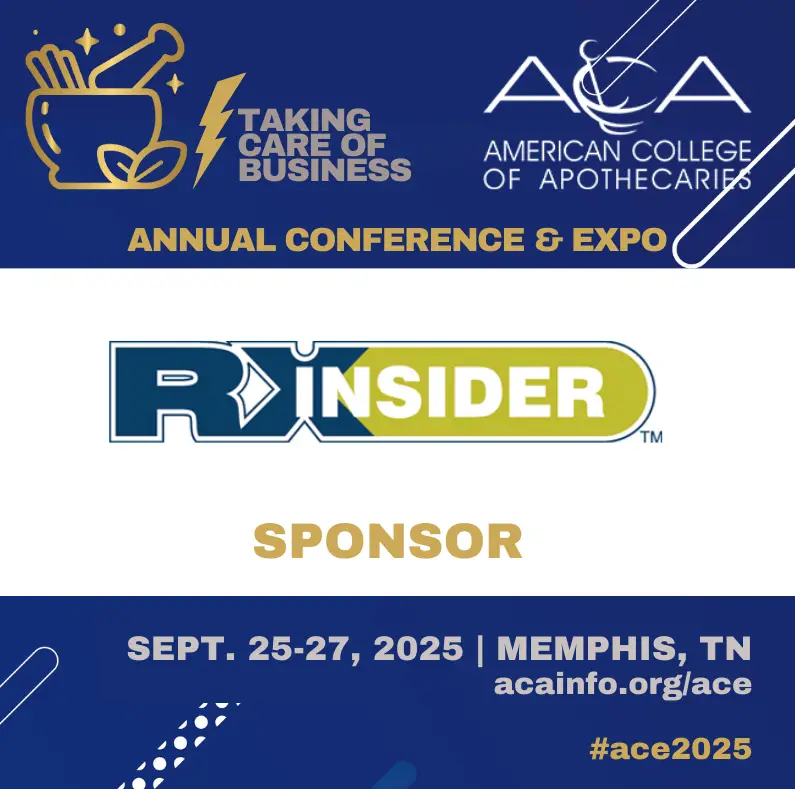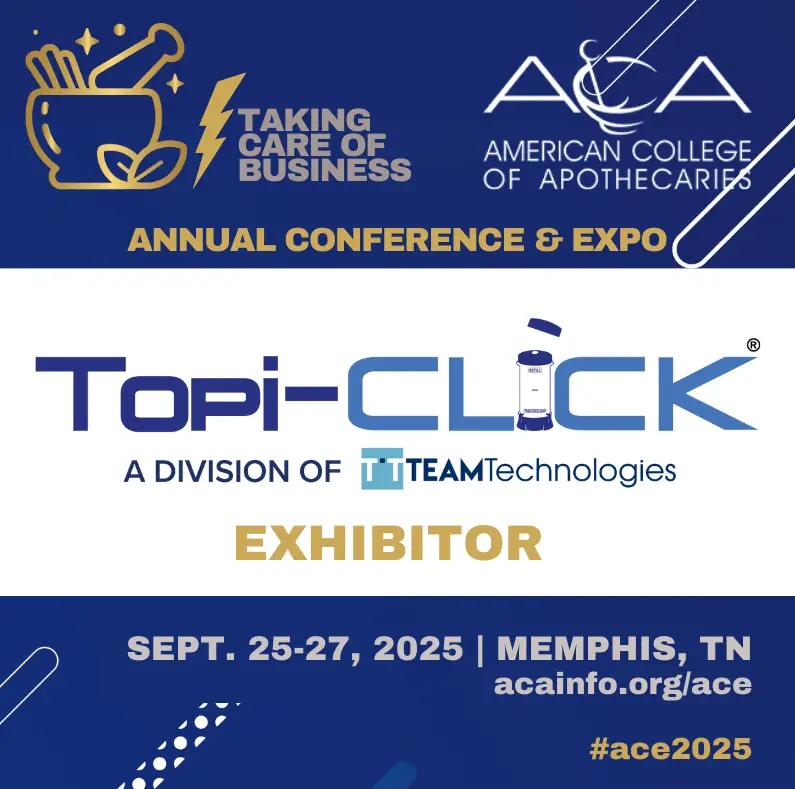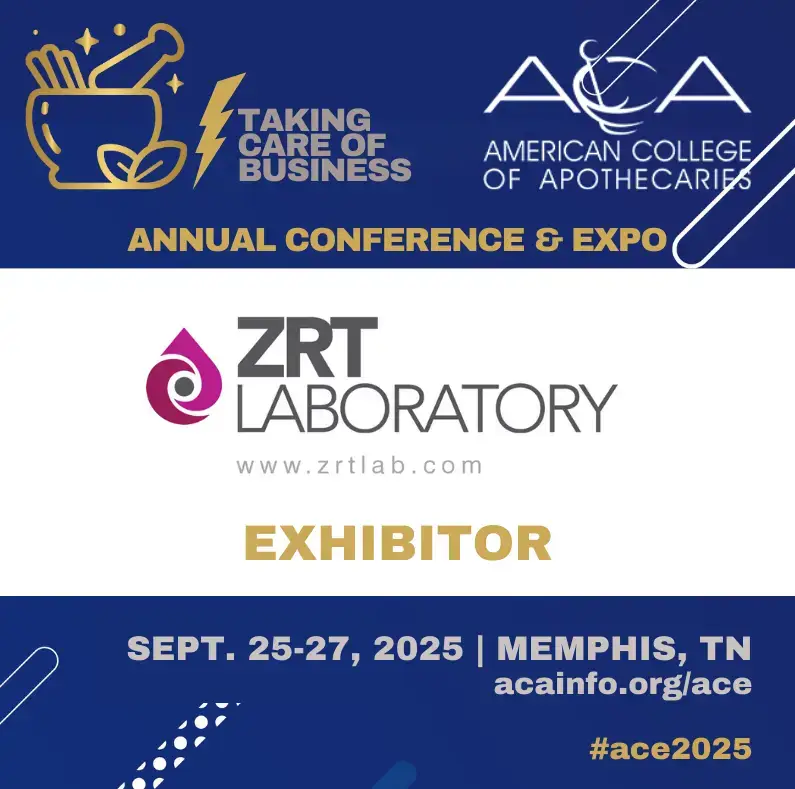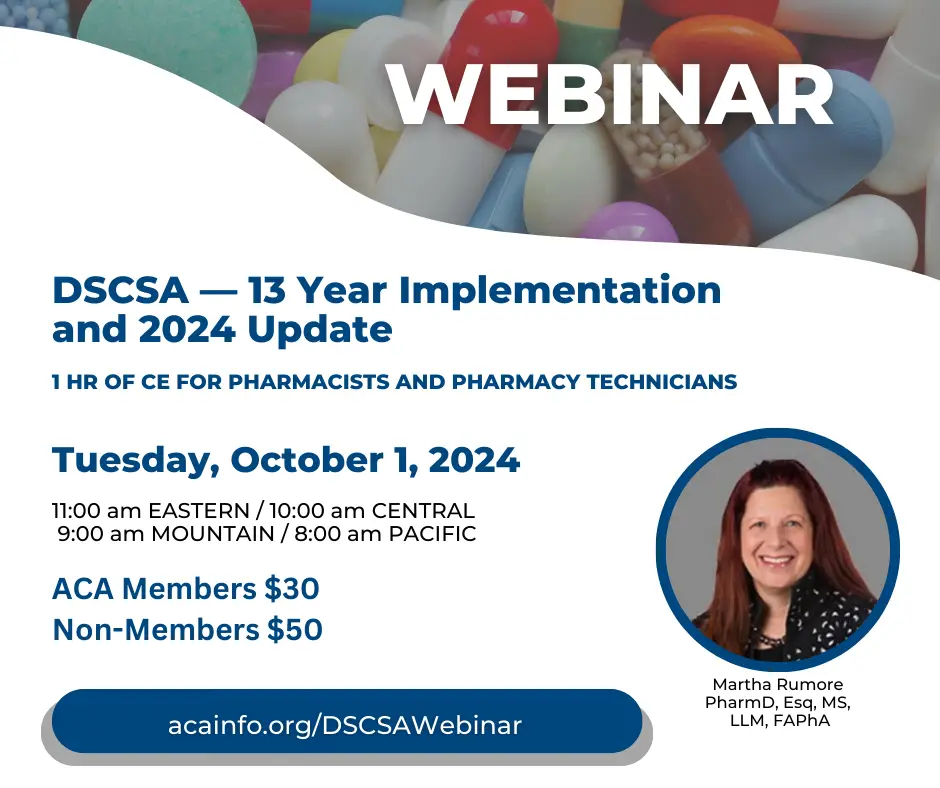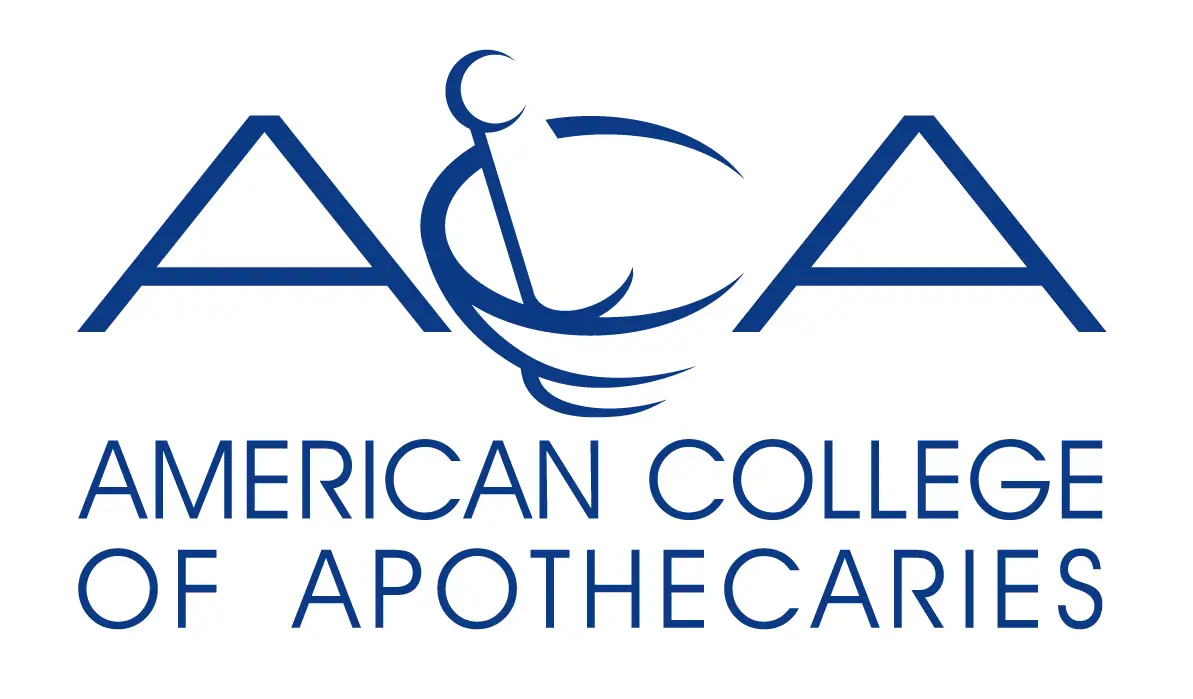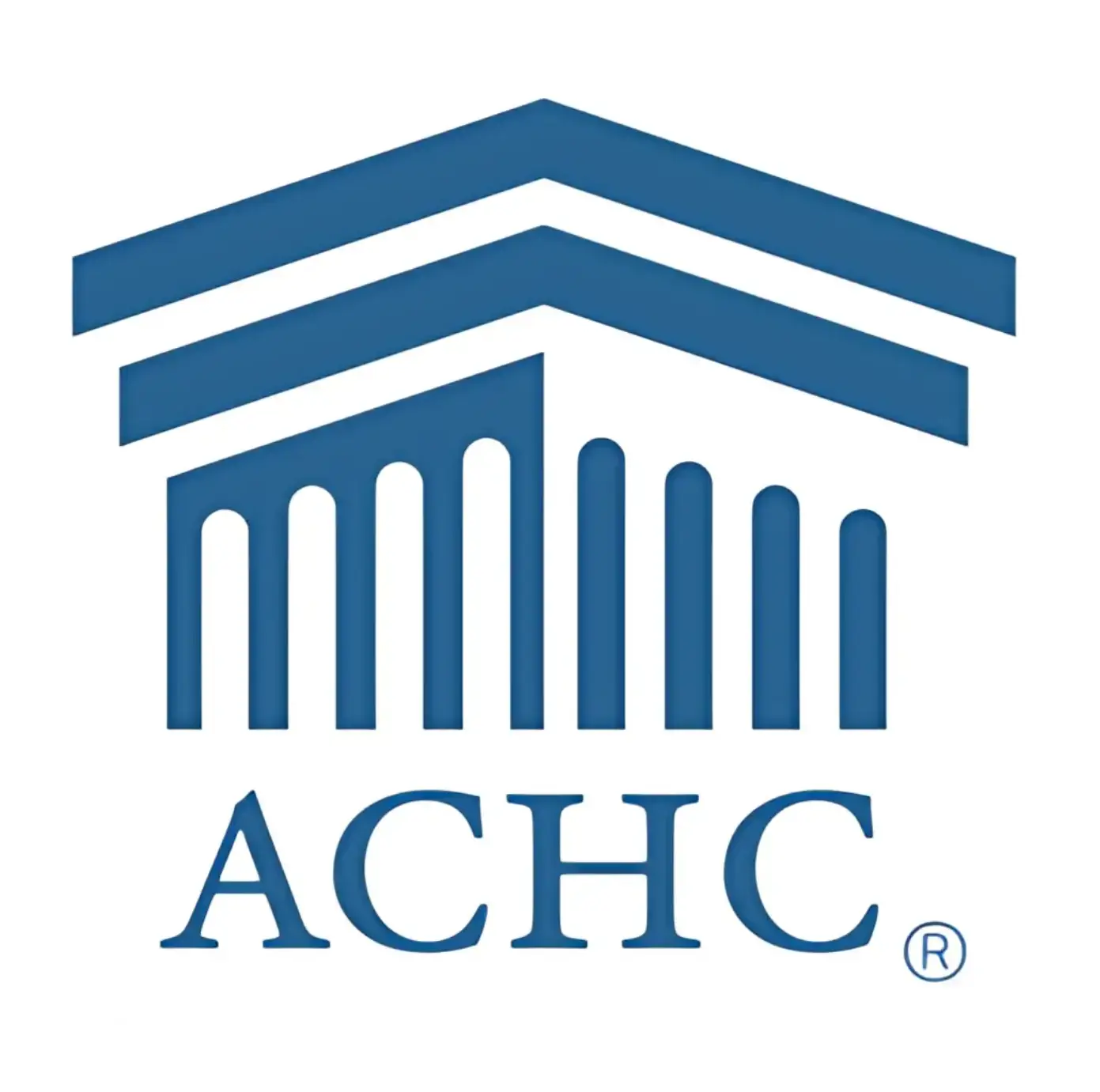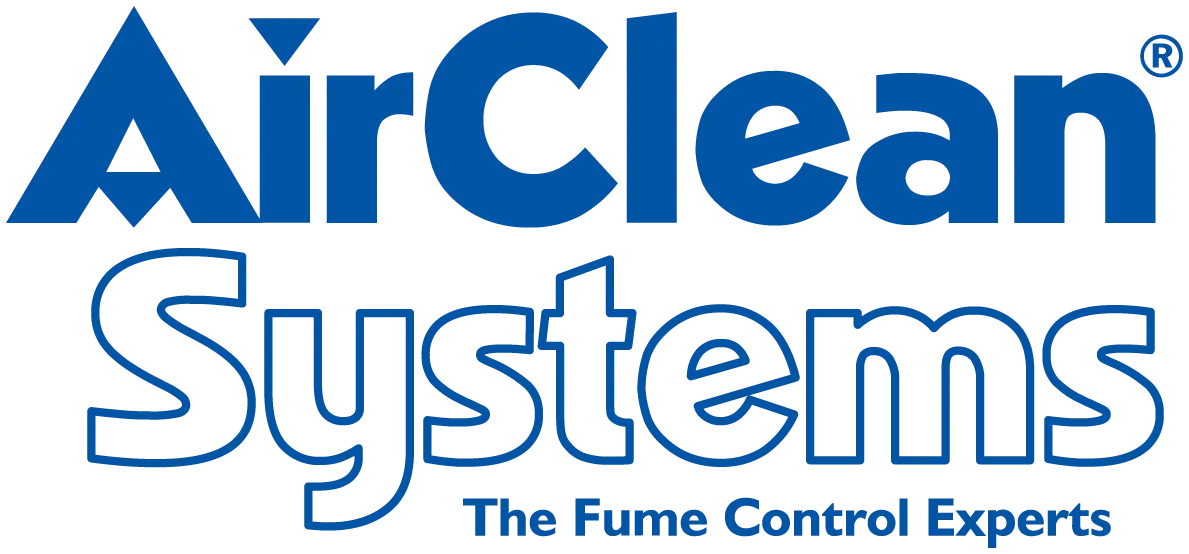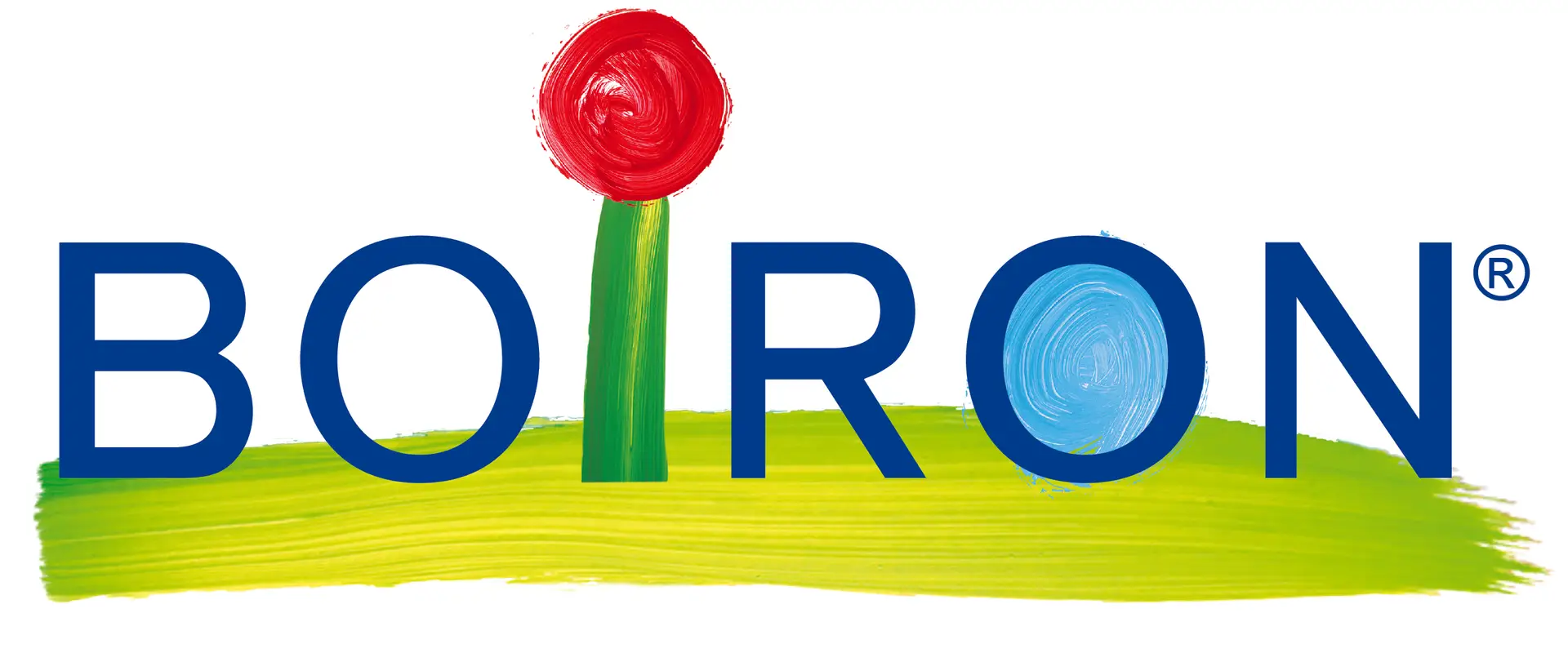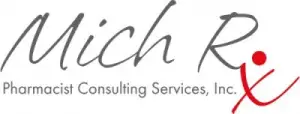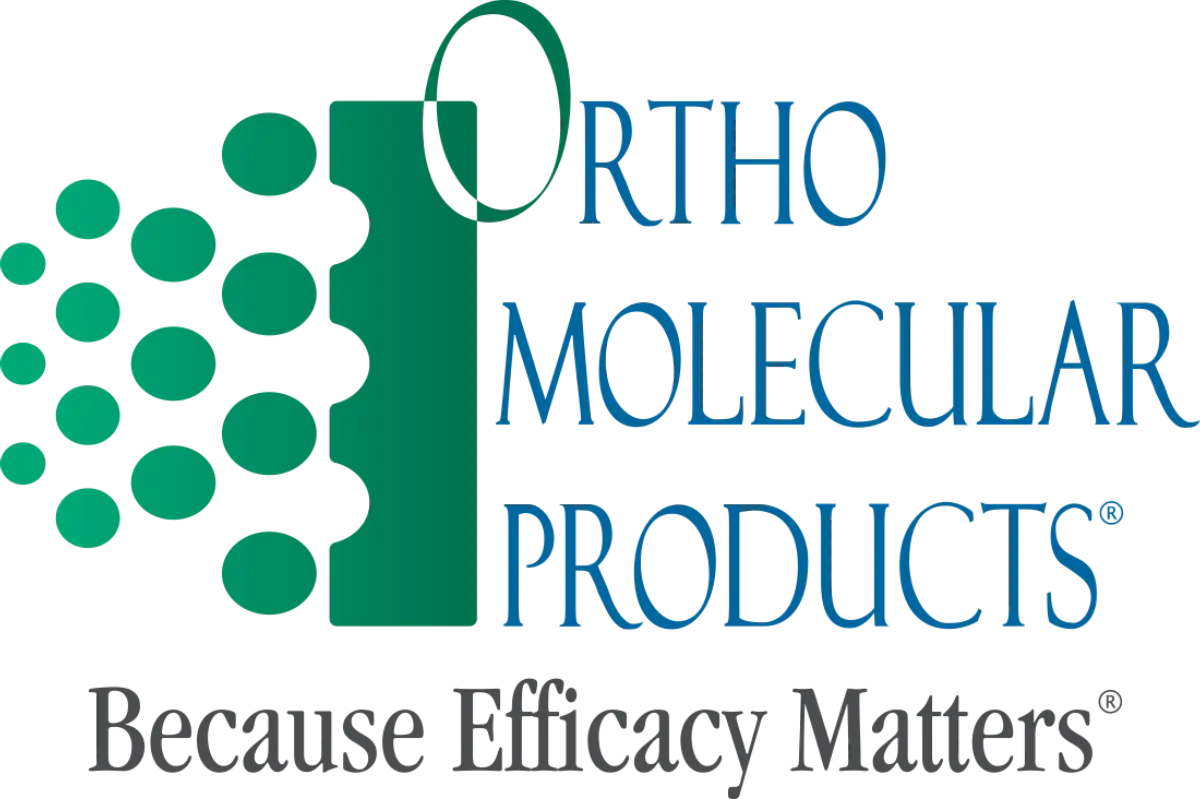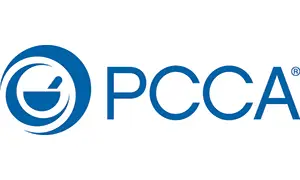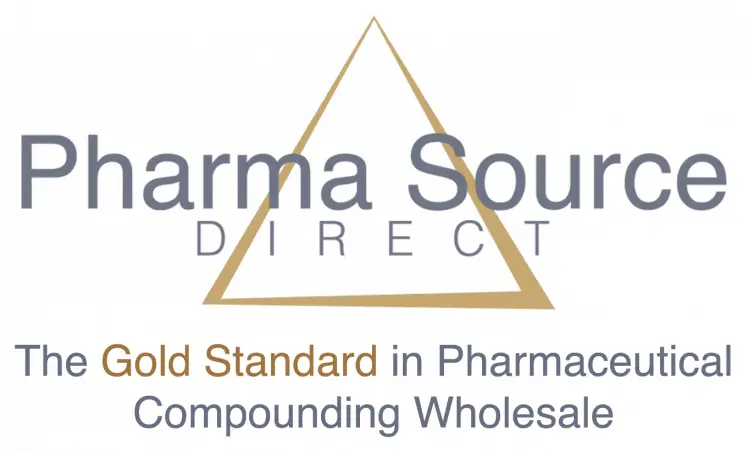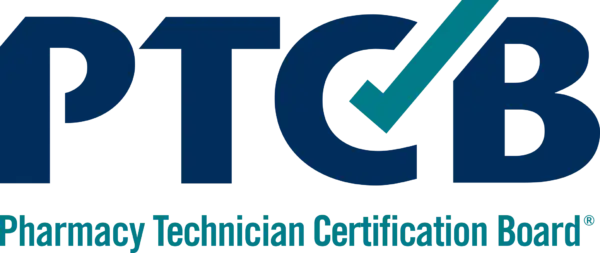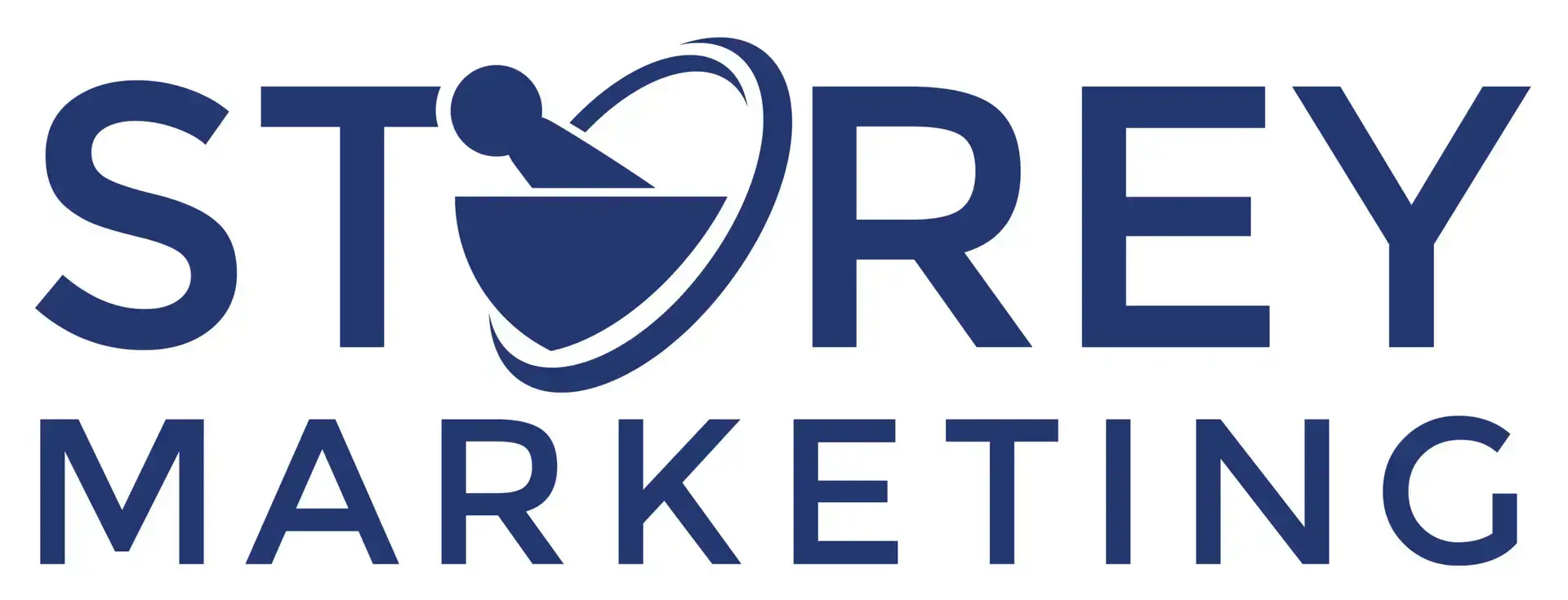Optimize Sterile Compounding: An ACPE-Accredited 4-Hour Virtual Course
Are you ready to take sterile compounding to the next level? This 4-hour accredited CE virtual course is designed to empower you with essential knowledge and skills for excellence in aseptic processing and FDA compliance.
Why Enroll?
Sterile compounding requires precision, compliance, and the latest knowledge in regulatory standards. This course provides comprehensive training to help you stay ahead in the ever-evolving pharmaceutical landscape.
What You’ll Learn:
By the end of this engaging course, participants will be able to:
1️⃣ Master aseptic processing and terminal sterilization methods.
2️⃣ Understand release testing requirements, including visual inspections, sterility, and endotoxin testing.
3️⃣ Navigate key FDA guidance documents with confidence.
4️⃣ Ensure proper selection of components used in compounding.
5️⃣ Recognize the importance of certificates of analysis and perform related calculations.
Who Should Attend?
Perfect for pharmacists, pharmacy technicians, and healthcare professionals involved in sterile compounding.
The American College of Apothecaries (ACA) is accredited by the Accreditation Council for Pharmacy Education as a provider of continuing pharmacy education. ACA has accredited this knowledge-based program for 4 contact hours (0.4 CEUs) of continuing education credit for pharmacists and pharmacy technicians.
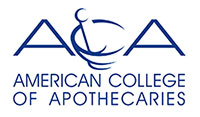



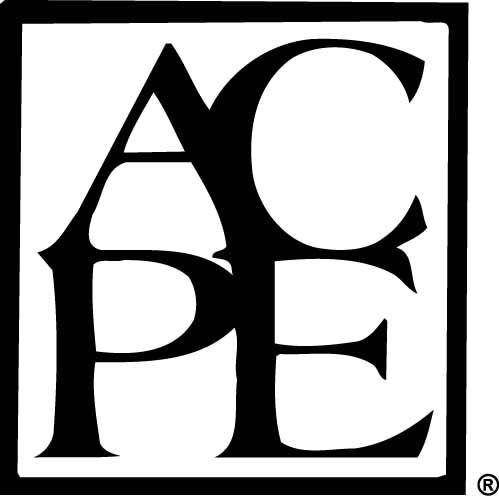
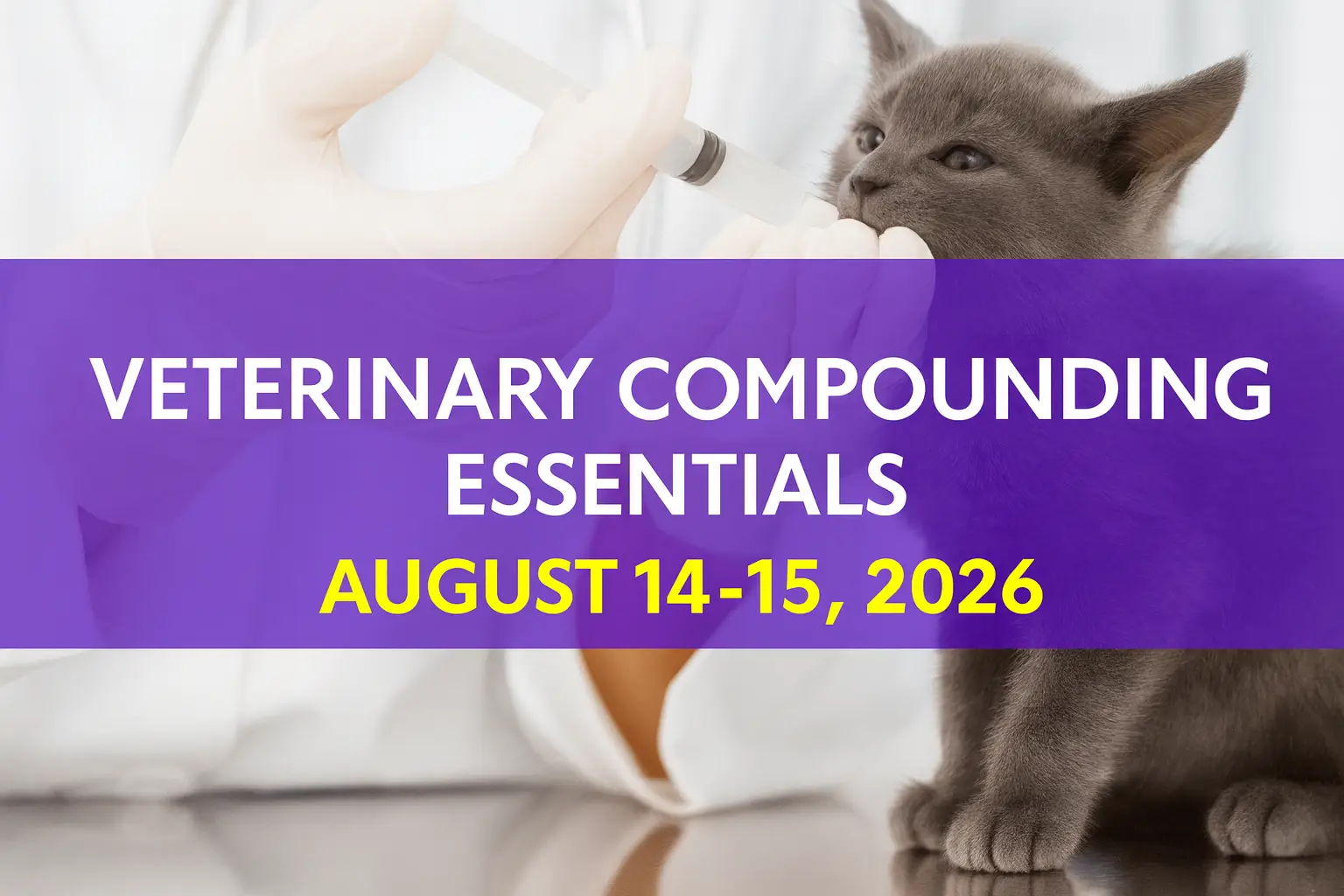
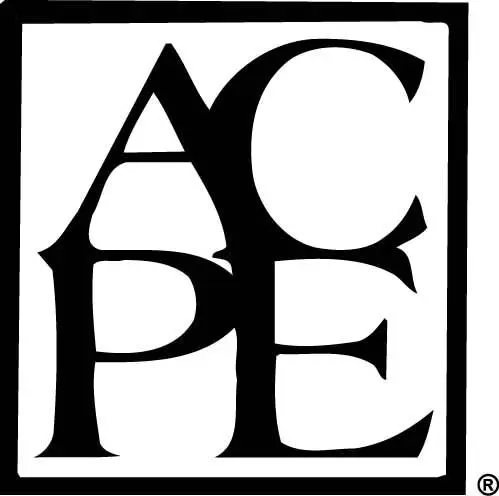 The American College of Apothecaries (ACA) is accredited by the Accreditation Council for Pharmacy Education as a provider of continuing pharmacy education. ACA has accredited this knowledge/application-based program for 15 contact hours (1.5 CEUs) of continuing education credit for pharmacists and pharmacy technicians.
The American College of Apothecaries (ACA) is accredited by the Accreditation Council for Pharmacy Education as a provider of continuing pharmacy education. ACA has accredited this knowledge/application-based program for 15 contact hours (1.5 CEUs) of continuing education credit for pharmacists and pharmacy technicians.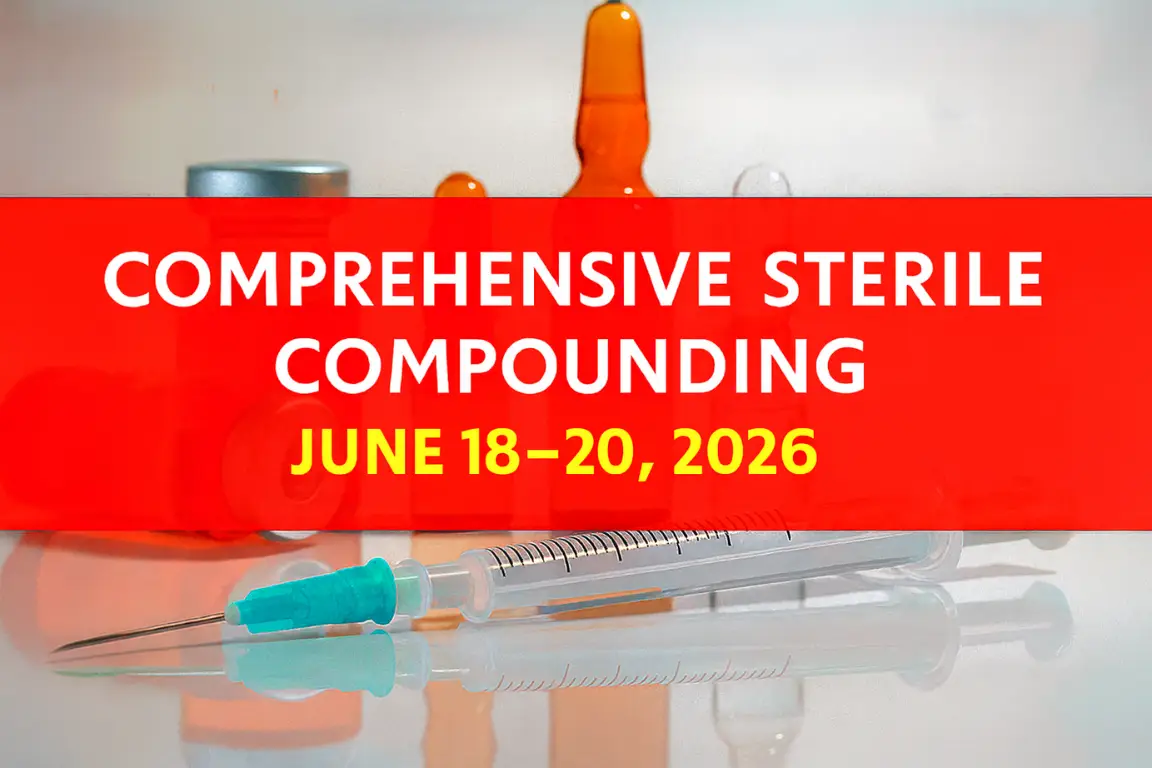

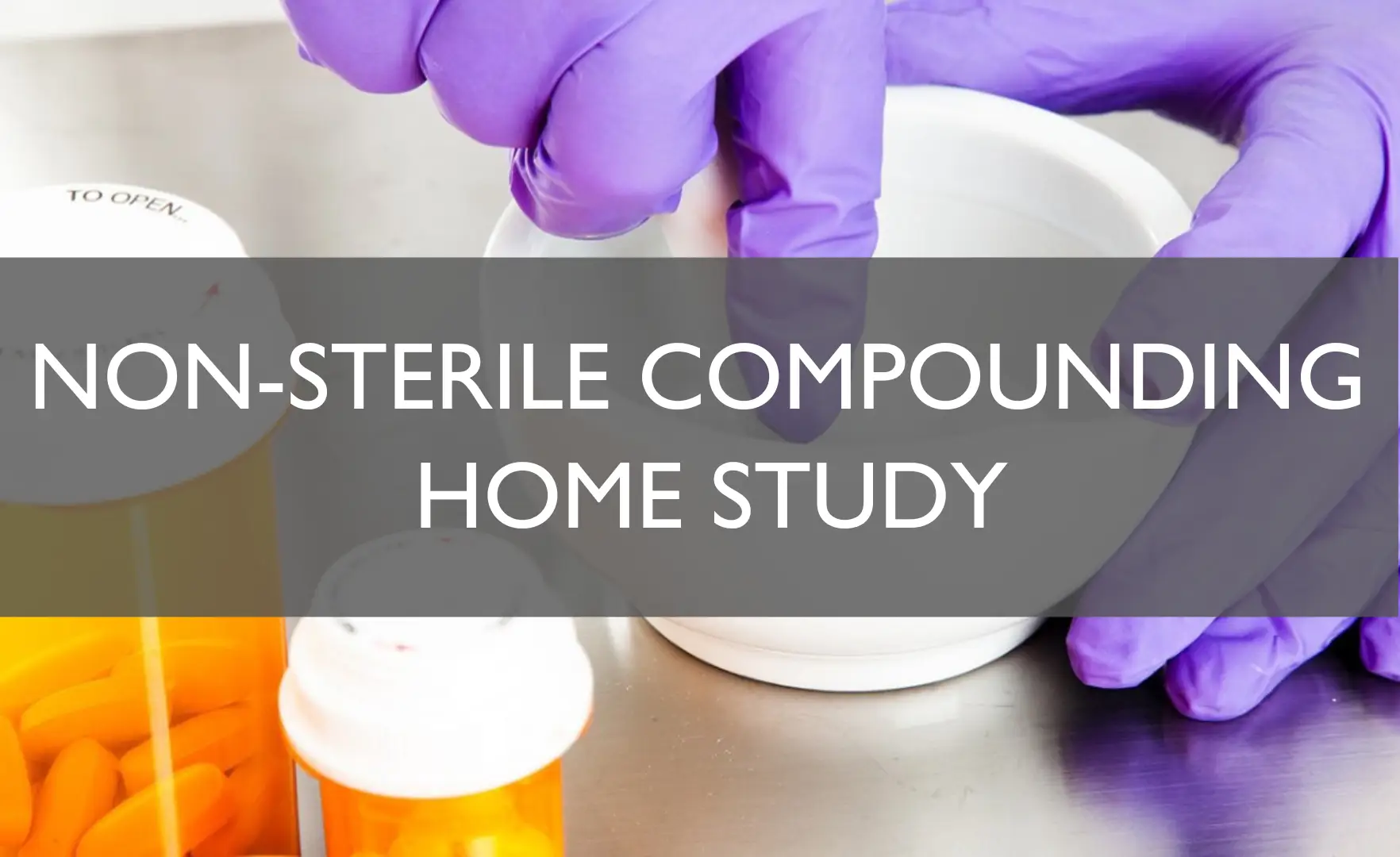
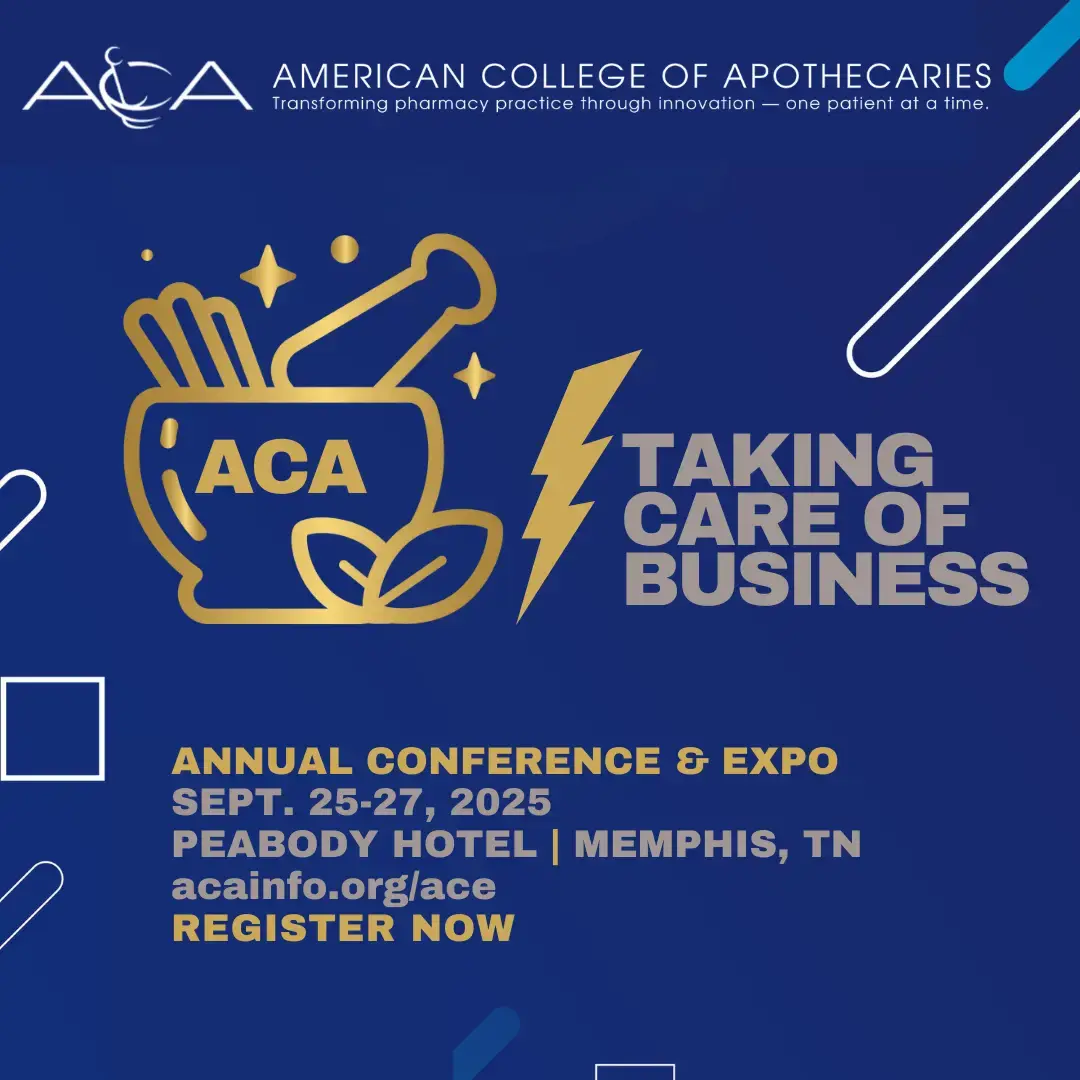


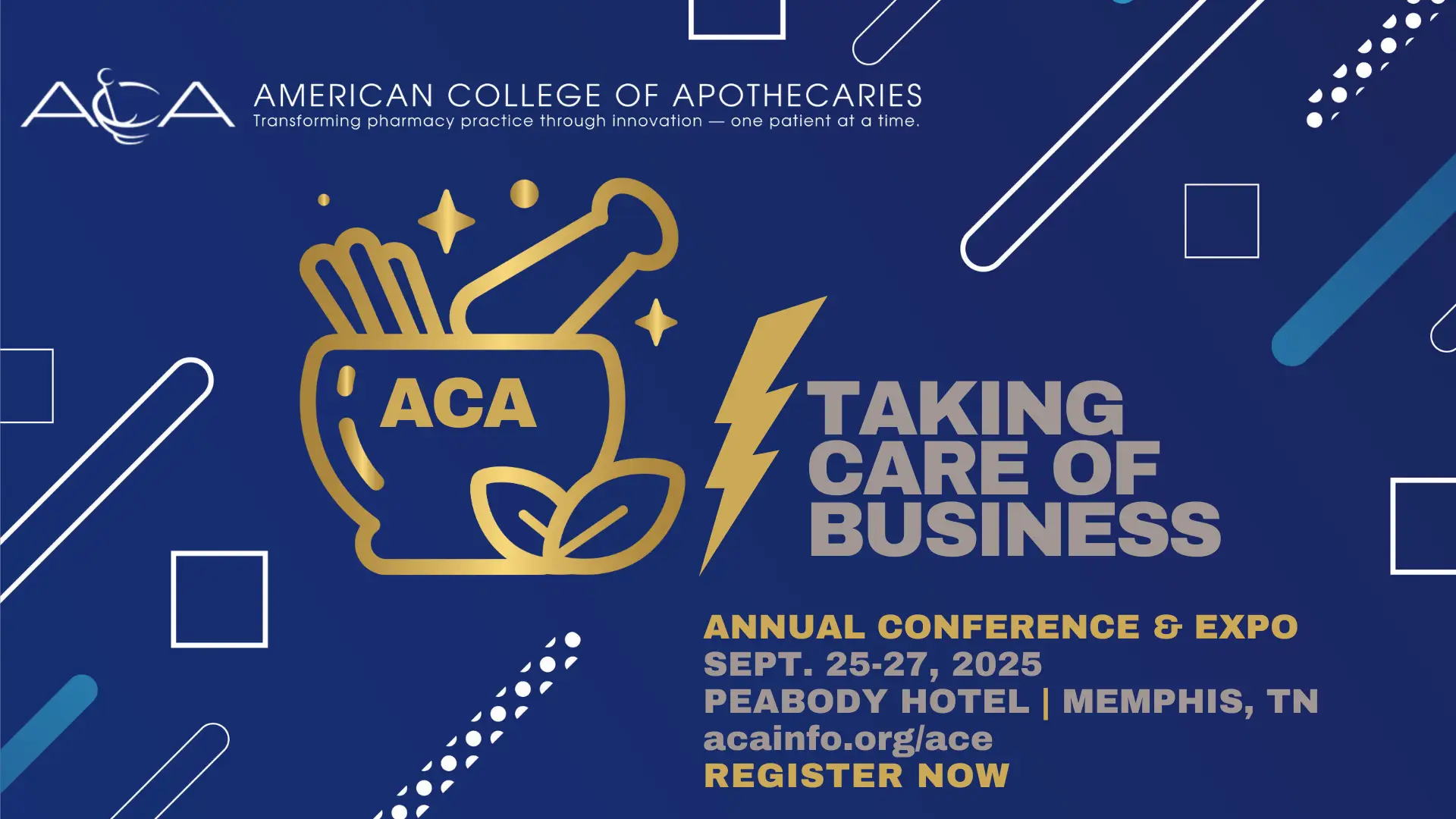
 Register of Historic Places and is world-famous for its five resident Mallard ducks, who march daily through the lobby at 11am and 5pm.
Register of Historic Places and is world-famous for its five resident Mallard ducks, who march daily through the lobby at 11am and 5pm.